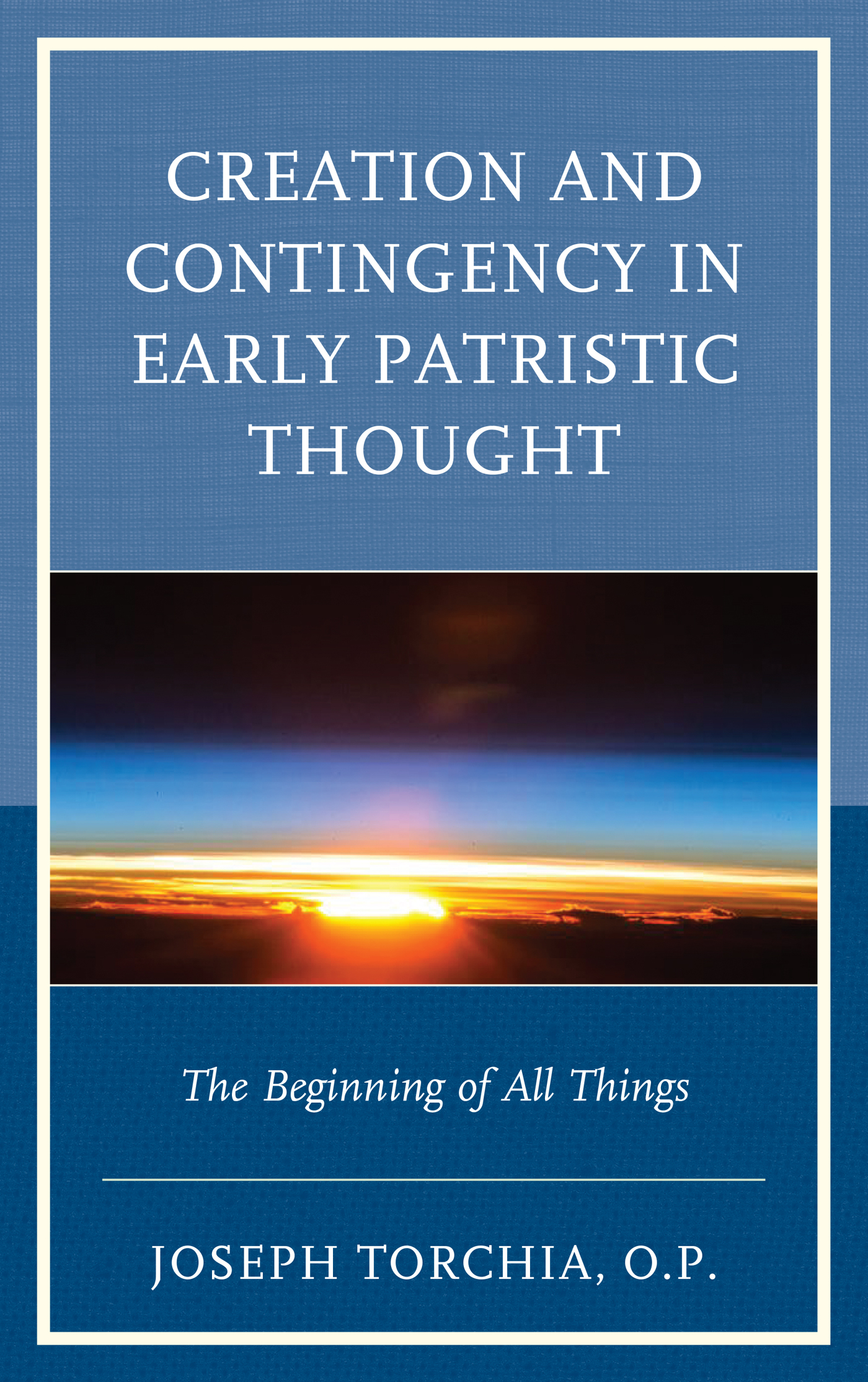Creation and Contingency
in Early Patristic Thought
Creation and Contingency
in Early Patristic Thought
The Beginning of All Things
Joseph Torchia, O.P.
LEXINGTON BOOKS
Lanham Boulder New York London
Published by Lexington Books
An imprint of The Rowman & Littlefield Publishing Group, Inc.
4501 Forbes Boulevard, Suite 200, Lanham, Maryland 20706
www.rowman.com
6 Tinworth Street, London SE11 5AL, United Kingdom
Copyright 2019 by The Rowman & Littlefield Publishing Group, Inc.
All rights reserved. No part of this book may be reproduced in any form or by any electronic or mechanical means, including information storage and retrieval systems, without written permission from the publisher, except by a reviewer who may quote passages in a review.
British Library Cataloguing in Publication Information Available
Library of Congress Cataloging-in-Publication Data
Names: Torchia, Joseph, 1953- author.
Title: Creation and contingency in early Patristic thought : the beginning of
all things / Joseph Torchia, O.P.
Description: Lanham : Lexington Books, 2019. | Includes bibliographical
references and index.
Identifiers: LCCN 2018060104 (print) | LCCN 2019008539 (ebook) | ISBN
9781498562829 (Electronic) | ISBN 9781498562812 (cloth : alk. paper)
Subjects: LCSH: Neoplatonism. | Christian philosophy--History--Early church,
ca. 30-600. | Philosophy and religion. | Creation. | Contingency
(Philosophy) | Fathers of the church.
Classification: LCC B645 (ebook) | LCC B645 .T67 2019 (print) | DDC
231.7/6509--dc23
LC record available at https://lccn.loc.gov/2018060104
 TM The paper used in this publication meets the minimum requirements of American National Standard for Information Sciences Permanence of Paper for Printed Library Materials, ANSI/NISO Z39.48-1992.
TM The paper used in this publication meets the minimum requirements of American National Standard for Information Sciences Permanence of Paper for Printed Library Materials, ANSI/NISO Z39.48-1992.
Printed in the United States of America
To my fellow Dominican philosophers and theologians
actively engaged in fides quaerens intellectum.
Preface
Wonder and speculation about cosmological origins run deeply in the human psyche. Since we all have a personal stake in the quest for intelligibility, the topic arouses perennial interest. How did the universe come to be? What is our place in relation to the whole of things? Why does anything exist at all? Attempts to answer such questions gave rise to early creation myths, which in turn engendered more sophisticated cosmologies, and eventually, served to stimulate philosophical and theological reflection of a highly metaphysical character. In this respect, accounts regarding the beginning of all things provide ideal referents for coming to terms with the faith/reason relationship at its most seminal stages of development. This is particularly the case, it seems, in regard to early Christian discussions regarding creation, and the scriptural commentaries upon which those discussions were founded.
The fact that the Bible commences with an affirmation of the comprehensiveness of Gods creative activity is significant. Indeed, the opening verse of Genesis (In the beginning God created the heavens and the earth) sets the tone for everything which follows in the ensuing drama of salvation history, from the creation of human beings in Gods own image onward. By the same token, that initial verse provides an intriguing point of contact with late antique philosophical speculation, specifically in the context of Platos discussion of cosmic generation in the Timaeus (28b-c; 53b; 69b-c). In this connection, Platonic and Middle Platonic philosophy offered both Jewish and Christian thinkers fertile inspiration for exploring the implications of Scriptures affirmation of God as the sovereign, omnipotent, and free Creator of everything which exists. Patristic authors, however, also came to discern the disparity between depicting the act of creation along Platonic lines (as a formation of preexistent, amorphous matter) and designating it as a bringing into being from nothing (that is, from absolute non-being). For this reason, the doctrine of creation ex nihilo can easily be viewed as establishing an insurmountable divide between pagan and Christian interpretations of the the beginning of all things.
But if there was a sense of such an irreconcilable gulf in patristic circles, it was only fully grasped on a gradual basis. Not until the end of the second century do we encounter an explicit statement on the uniqueness of Gods creative activity, in contrast to the model of creation found in the philosophical tradition (most notably, in Platonism). The gradual internalization of this insight opened the way to the eventual distancing of patristic accounts of creation from their pagan counterparts. Theophilus of Antioch (writing shortly after A.D. 180) articulates this conviction in the form of a probing question: What would be remarkable if God made the universe out of preexistent matter ( , )? Implicit in this question lies the recognition that the God of Revelation (the God in Whom we live and move and have our being, in the language of Acts 17:28), does not depend upon anything at all in bringing the universe into being.
Theophilus, in effect, highlights the inextricable link between the exclusive monotheism of Scripture and an affirmation of creation from nothing. In a very real sense, however, Theophilus breakthrough represents the culmination of a long developmental process that ultimately yielded the doctrine of creation ex nihilo. Accordingly, an adequate investigation of early patristic accounts of the beginning of all things demands an attunement to the ebb and flow of this development and the emergence of a well-defined understanding of creation in its most absolute, unequivocal sense.
The present study moves on two complementary tracks of analysis. While its main focus is directed toward early patristic treatments of cosmological origins, it unfolds with an ongoing attentiveness to the parallel tradition of late Platonic commentary on the account of cosmic generation in the Timaeus (28b-31b). Just as Judeo-Christian thinkers sought to explicate the meaning of Gn 1:1-2, later Platonists (i.e., the Middle Platonic successors to Platos Academy) debated the meaning of Platos teaching (Tim. 28b-c) that the universe was generated (gegonen), that is, that it had a beginning. The fact that both Genesis and the Timaeus have something significant to say about the beginning of all things provides a means of bridging the conceptual gap between the Hellenic/Hellenistic and Judeo-Christian intellectual traditions. In this connection, a major concern of this study lies in an attunement to the mainlines of the Middle Platonic debate surrounding the interpretation of Platos teaching that the world was generated, and thus, came to be.
The debate in question proceeded from Aristotles contention (Caelo I, 10, 280a 23-32; III, 2, 300b 16; Phys. VIII, 1, 25b 17; Metaph. L 3, 1071b 31-37) that Plato understood the beginning of the world as generated in literal terms. In response, Aristotle was committed to the notion of an eternally existent and imperishable universe (and therefore, to the rejection of its temporal origin). While the majority of Platos successors endorsed Aristotles teaching that the universe is eternal, they challenged his assumption that Plato intended his creation account in strictly literalist terms. According to their imposition of an allegorical dimension into the
Next page
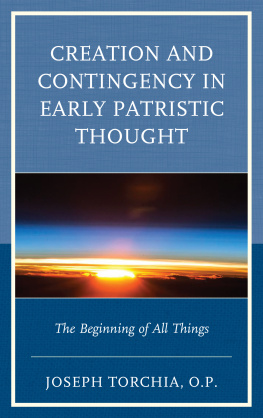
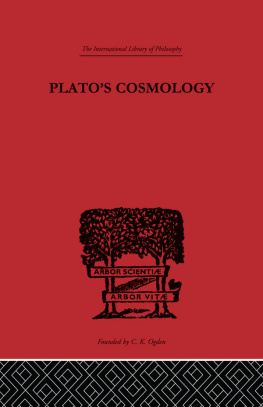

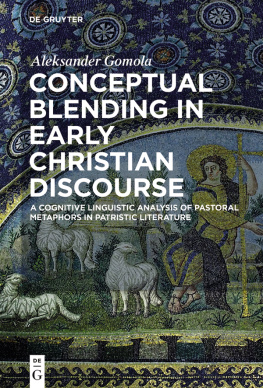
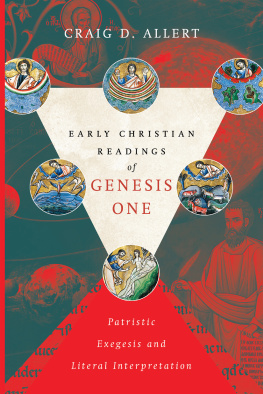

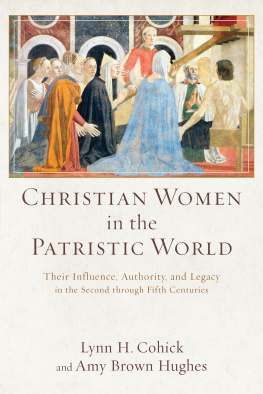


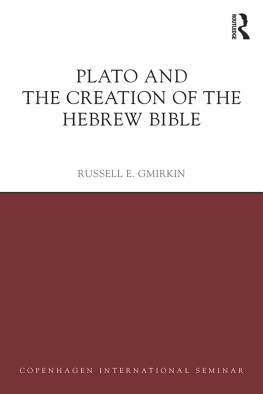
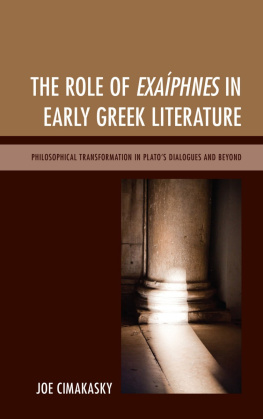
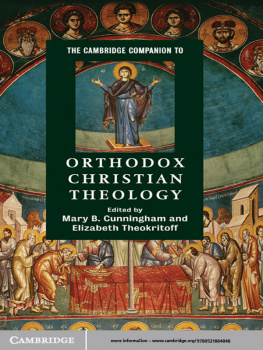
 TM The paper used in this publication meets the minimum requirements of American National Standard for Information Sciences Permanence of Paper for Printed Library Materials, ANSI/NISO Z39.48-1992.
TM The paper used in this publication meets the minimum requirements of American National Standard for Information Sciences Permanence of Paper for Printed Library Materials, ANSI/NISO Z39.48-1992.